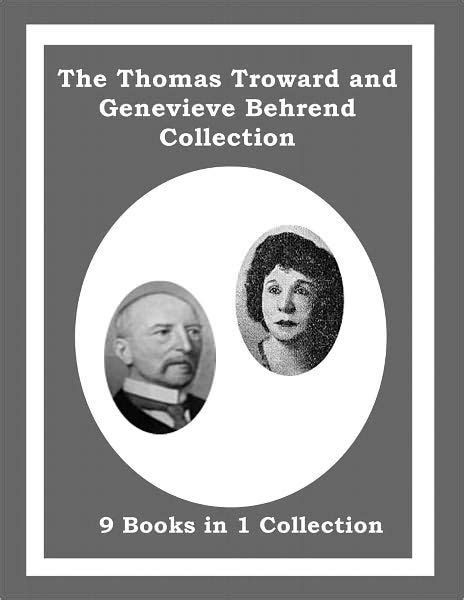A Quote by Laurence Sterne
Alas! if the principles of contentment are not within us, the height of station and worldly grandeur will as soon add a cubit to a man's stature as to his happiness.
Related Quotes
A feeling that greater possessions, no matter of what kind they may be, will of themselves bring contentment or happiness, is a misunderstanding. No person, place, or thing can give you happiness. They may give you cause for happiness and a feeling of contentment, but the JOY of Living comes from within.
There are two men in each one of us: the scientist, he who starts with a clear field and desires to rise to the knowledge of Nature through observations, experimentation and reasoning, and the man of sentiment, the man of belief, the man who mourns his dead children, and who cannot, alas, prove that he will see them again, but who believes that he will, and lives in the hope – the man who will not die like a vibrio, but who feels that the force that is within him cannot die.
Experiment with this a little. During these days that you are here with me, don't nourish any desire for happiness, and then see how your heart becomes filled with happiness. Don't have any desire for peace, and see how the turmoil within you vanishes. Don't beg for contentment and see how contentment showers down on you. Please try this - only then will you understand.
Without ambition one starts nothing. Without work one finishes nothing. The prize will not be sent to you. You have to win it. The man who knows how will always have a job. The man who also knows why will always be his boss. As to methods there may be a million and then some, but principles are few. The man who grasps principles can successfully select his own methods. The man who tries methods, ignoring principles, is sure to have trouble.
There is a legend that when God was equipping man for his long life journey of exploration, the attendant good angel was about to add the gift of contentment and complete satisfaction. The Creator stayed his hand and said, 'No, if you bestow that upon him you will rob him forever of all joy of self-discovery.'
But the great artists like Michelangelo and Blake and Tolstoi--like Christ whom Blake called an artist because he had one of the most creative imaginations that ever was on earth--do not want security, egoistic or materialistic. Why, it never occurs to them. "Be not anxious for the morrow," and "which of you being anxious can add one cubit to his stature?" So they dare to be idle, i.e. not to be pressed and duty-driven all the time. They dare to love people even when they are very bad, and they dare not to try and dominate others to show them what they must do for their own good.
When we think of the height of God's infinity we should not despair of His compassion reaching us from such a height; and when we recall the infinite depth of our fall through sin we should not refuse to believe that the virtue which has been killed in us will rise again. For God can accomplish both these things: He can come down and illumine our intellect with spiritual knowledge, and He can raise up the virtue within us and exalt it with Himself through works of righteousness.
There is nothing so bad or so good that you will not find Englishmen doing it; but you will never find an Englishman in the wrong. He does everything on principle. He fights you on patriotic principles; he robs you on business principles; he enslaves you on imperial principles; he bullies you on manly principles; he supports his king on loyal principles and cuts off his king's head on republican principles.
Perhaps Westerners are in a better position to practice true renunciation than uneducated Orientals because most Western people, by the time they come to the Dharma, have led a pretty full worldly life with lots of sensual pleasures, money and lots of toys to play with. They have seen that the path of accumulation of worldly treasure does not lead to happiness or contentment. That's why they come to the Dharma.
Let us consider the actual, worldly Jew - not the Sabbath Jew, as Bauer does, but the everyday Jew. ... What is the worldly religion of the Jew? Huckstering. What is his worldly God? Money. Money is the jealous god of Israel, in face of which no other god may exist. Money degrades all the gods of man - and turns them into commodities. The bill of exchange is the real god of the Jew. His god is only an illusory bill of exchange. The chimerical nationality of the Jew is the nationality of the merchant, of the man of money in general.







































